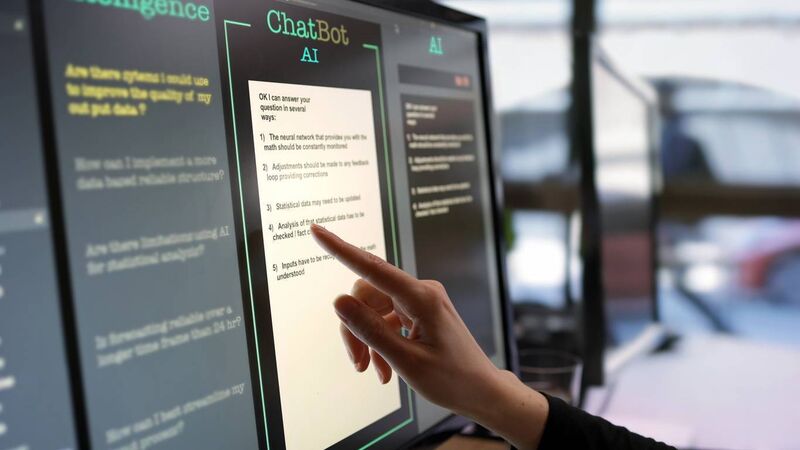AI and digital leadership must start with overcoming skills gap and cultural challenges

The biggest enabler of project success was not the technology itself, but the organisational and leadership structures. Picture. iStock
Although it is common for business leaders to take inspiration from successful sports coaches, former Arsenal manager Arsène Wenger — himself a regular speaker on the corporate circuit — believes lessons from sport aren’t easily transferable to most organisations.
“Players have to be as close as possible to 100% of their potential to be efficient,” Wenger is quoted as saying. “That is not the case in daily life.”











